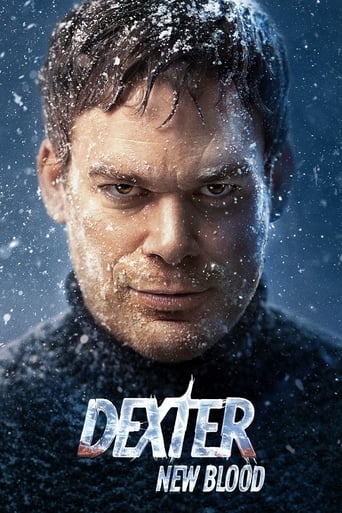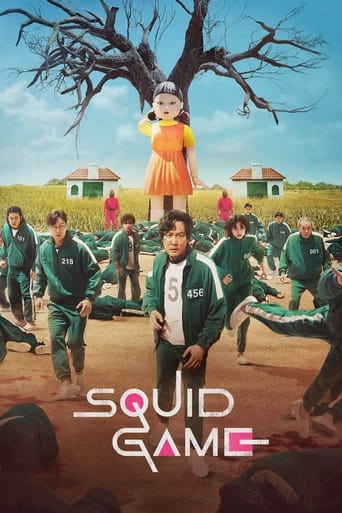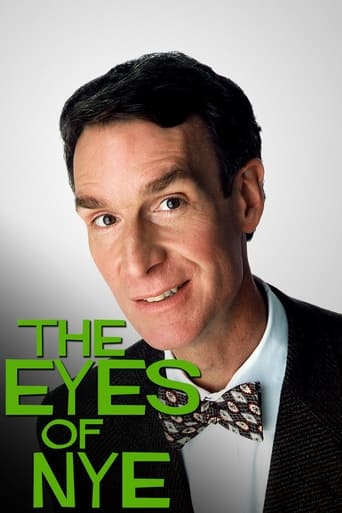
The Eyes of Nye was a science program airing on public television in the United States in 2005 and featuring Bill Nye. The show was more sophisticated than its predecessor Bill Nye the Science Guy, as it was aimed more toward adults and teenagers than children. All episodes were rated TV-G, except for "Addiction" and "The Evolution of Sex", both rated TV-PG. The creation of the show was motivated by the success of the television program Bill Nye the Science Guy, as well as a widespread contempt among scientists for scientific journalism in the media. The program was based in Seattle, Washington, produced by Buena Vista Television and broadcast during primetime by KCTS, the local PBS affiliate.
Seasons & Episode
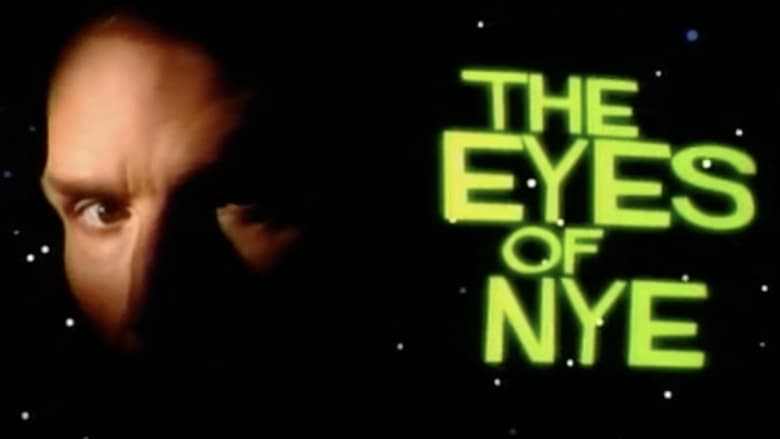
Bill Nye explores the concept of life on other planets by taking us everywhere from Earth's oceans and deserts to Mars and beyond.

Bill shows that astrologers and tarot card readers are doing nothing other than making vague guesses, and that walking on fire without burning your feet is scientifically possible and does not require any sort of spirituality.

Bill argues that addiction is a disease by using scientific instruments to show that the part of the brain responsible for weighing actions against consequences does not function properly when one is addicted to drugs. Bill also shows that part of getting drunk is largely a placebo effect, by letting a group of people drink beer without them knowing it is non-alcoholic. Finally, a theory is presented as to why the part of the brain responsible for making us addicted to things has not faded away over time.

The possibilities of cloning reach far beyond creating genetically exact duplicates of animals or human beings. The same techniques could potentially be used to cure diseases or repair damaged organs. Bill talks with a developmental biologist about why cloning animals is so difficult, shows how cloning works, and visits a lab where stem cells are used to repair damaged spinal cords.

With evidence of global warming mounting, Americans are revisiting the idea of nuclear energy. It's a clean energy source that can be produced domestically, but dealing with the waste remains a major hurdle. To find out whether the benefits are worth the risks, Bill visits a nuclear reactor and the Yucca Mountain, NV site where the U.S. government wants to store nuclear waste.

Bill explores the physics of a variety of sports, from the 100-meter sprint of Olympic champion Maurice Green to the cat-like reactions of U.S. women's soccer goalie Hope Solo.

Bill explains what birth and death rates mean and looks at population issues around the world, from demographics to social and cultural aspects, to discover how education and industrialization can affect population. Field reports include stories about population trends in the Third World, a look at consumption trends, and an analysis of mass-media education methods such as soap operas that feature population issues.

Bill explores why people of different skin colors look so different on the outside when the DNA on the inside is so similar, then has his own DNA sequenced to find out what he can determine about his "race".

The battle between microbes and humans is far from over. In fact, deaths from infectious diseases have increased since the 1980s. Some of the rise is due to new "bugs" such as HIV and hepatitis C, but the alarming increase in antibiotic resistance is also responsible. Bill talks with experts at the Centers for Disease Control and Prevention about new narrow-spectrum antibiotics and "bacteriocins" and demonstrates just how important hand-washing really is in the fight against germs.

Through genetic engineering, scientists can pull off such outrageous-sounding feats as crossing a tomato with a flounder. In fact, more than half of the foods on grocery store shelves now—even infant formula—have been genetically modified in some way. But do we really know yet whether they are safe for humans and the environment? Bill hears the various sides of this controversial issue by talking to traditional wheat breeders, organic agriculture researchers, and corporate genetic engineers.

Bill examines the problem of pollution from transportation—which has outstripped manufacturing to become America's largest source of air pollution—by tracing the historical roots of American car culture, trying out some cutting-edge traffic simulation software, and exploring the promise of fuel-efficient cars and state-of-the-art hydrogen technology.

The world is getting warmer. Is it our fault? Is the rise in temperature a product of the Industrial Revolution, the burning of fossil fuels, and the modern propensity for driving down to the mini-mart in a car the size of a woolly mammoth? Or is it just part of a natural global cycle? Bill investigates with a visit to the National Ice Core Laboratory in Denver, where scientists identify and evaluate atmospheric gases from 400,000 years ago, and a demonstration of how increased levels of carbon dioxide affect temperatures on Earth.

Why sex? For one thing, with sex we're trying to stay ahead of the germs that are always attacking us. With one act of mixing our genes through sexual reproduction, there are millions of new possible combinations to help fight off the parasites. Includes an explanation of the relationship between sex and parasites, an experiment in which women use scent to detect subtle genetic differences in men, and a discussion of the risks organisms take in reproducing sexually rather than asexually.
You May Also Like


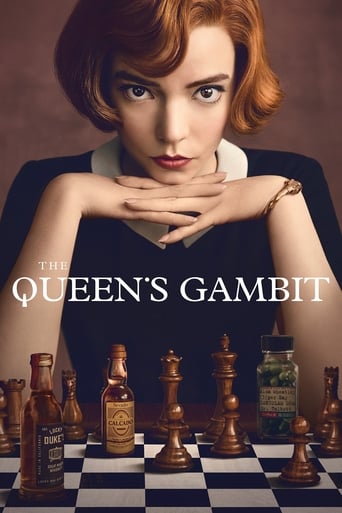
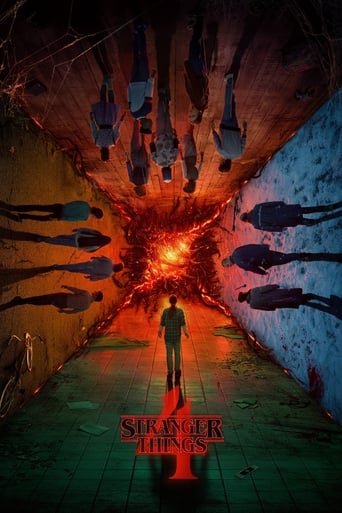
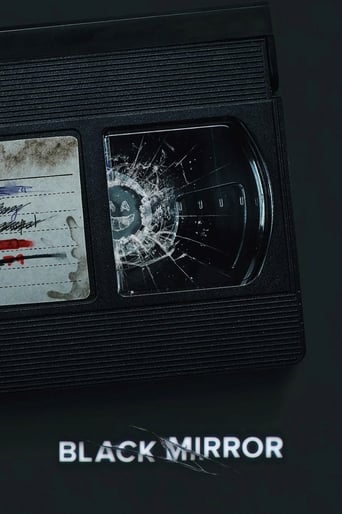

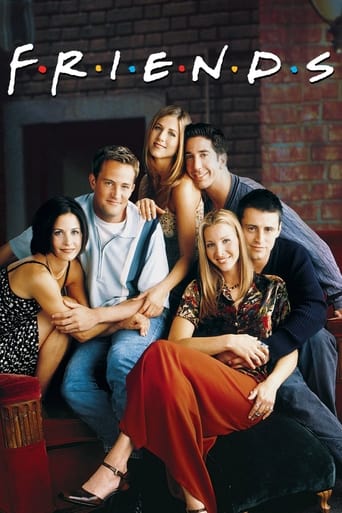
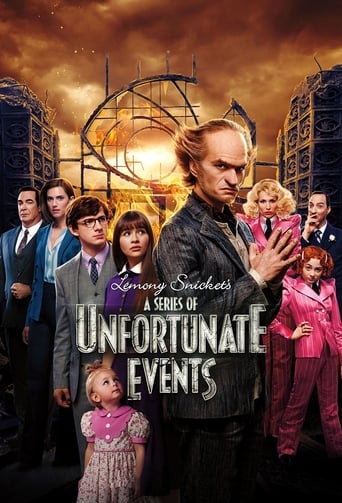

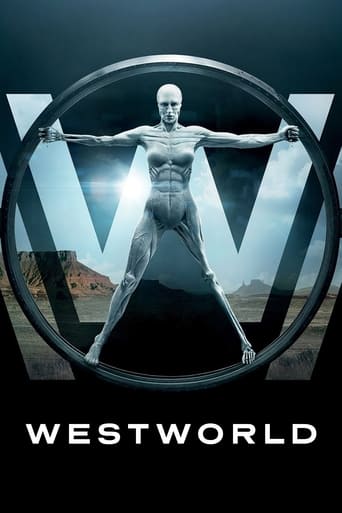
Top Streaming TV Show

